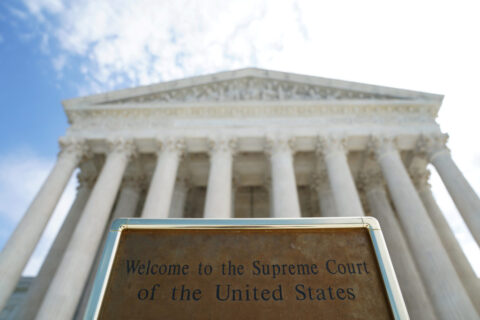
Supreme Court Cases in Education
Who should have primary responsibility over children’s education, their parents (or guardians) or the state? An ancient and thorny question, it is especially relevant in a liberal democracy, for while an educated citizenry is necessary for self-government, the Constitution was created to protect the right to pass down “the Blessings of Liberty” to our posterity. In this seminar, we will trace the way the courts have attempted to reconcile these competing interests throughout American history, with particular focus on the Supreme Court’s landmark cases on the subject: Meyer v. Nebraska, Pierce v. Society of Sisters, and Wisconsin v. Yoder. In addition, we will study the way that the Anglo-American common law and the abolitionist movement helped shape the Court’s understanding of the role of parents and the state in educating children.
This program will be conducted as a discussion, utilizing primary source documents as the only readings, and with the Discussion Leader facilitating the conversation, instead of lecturing or presenting. Registrants, therefore, are highly encouraged to read all the documents in advance and come ready with questions. All attendees will receive a Letter of Attendance at the end of the seminar.
